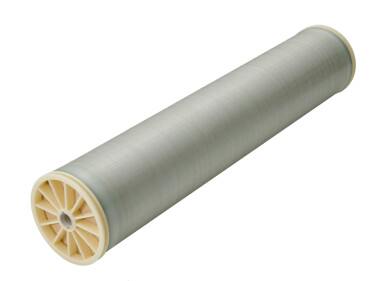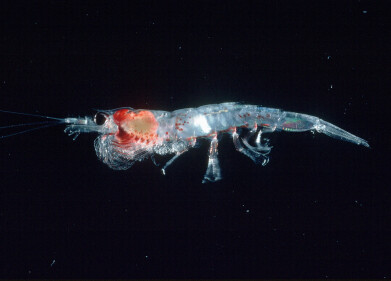Water/Wastewater
Brown Trout Genetic Diversity Affected by the Mining Industry
May 19 2015
A new study conducted by the University of Exeter has found that human activity can drastically alter the genetic evolution of other species. By analysing the diversity of brown trout species in rivers across the south west of England, the authors of the study found that the variety of different species have fallen significantly since the Industrial Revolution.
This is because of the increased levels of metals which entered the rivers during that period, forcing fish to adapt to their new habitat or die out. It seems as though humans have created the conditions for Darwin’s “survival of the fittest” to play out – at the expense of brown trout diversity.
A History of Contamination
The first instances of metal-contamination appear to have taken place almost a millennium ago. During the medieval period, the first examples of tin mining occurred, which allowed metals to infiltrate the water. The varying levels of metal in different rivers led to various different strains of the fish, who evolved and mutated to cope with the change in habitat over the ensuing 960 years. Prior to this, all strains can be traced back to a single ancestor.
However, 120 years ago, significant levels of metals once again entered the water, this time due to the Industrial Revolution. Bodies of water such as the River Hayle (considered to be one of the most polluted by metals) saw a sharp decline in the number of trout surviving in its water – and in the diversity of those which did remain.
Compared to clean streams and rivers, there were far fewer differences between species in the metallic rivers. This is clear proof that the brown trout population and diversification were directly affected by manmade activity.
A Need for Monitoring and Remediation
Even before these findings (which are due to be published in the science journal Evolutionary Applications later this month), it was common knowledge that our contamination of waters was having an adverse effect on the fish population.
The level of mercury in waters and its subsequent consumption by fish has been a topic of debate and contention for quite some time, causing fears that mercurial levels in consumer fish products could jeopardise the health of those who eat them.
Meanwhile, even in aquaculture systems (manmade reservoirs dedicated entirely to the rearing and harvesting of fish for consumer needs), the quality of the water needs to be protected from dangerous levels of ammonia. Indeed, in closed ponds which do not have the advantage of continuously flowing water entry and exit, such control can be immeasurably harder.
However, these new findings are unique in that they display that not only can human activity kill off fish and other marine life, but it can actually distort their genetic patterns and evolutionary progression as well.
Events
Carrefour des Gestions Locales de L'eau
Jan 22 2025 Rennes, France
Jan 29 2025 Tokyo, Japan
Feb 05 2025 Nantes, France
Feb 16 2025 Kampala, Uganda
Feb 26 2025 Chennai, India




-as-feedstock.jpg)





